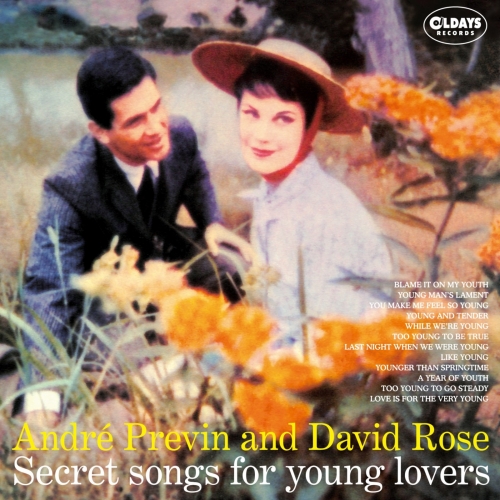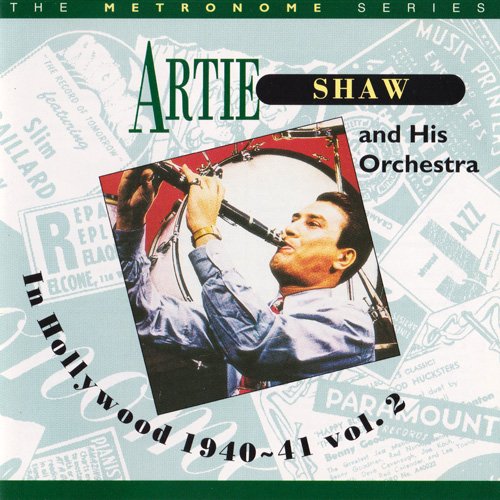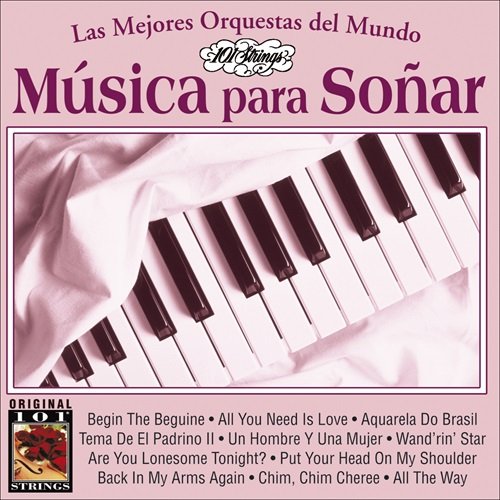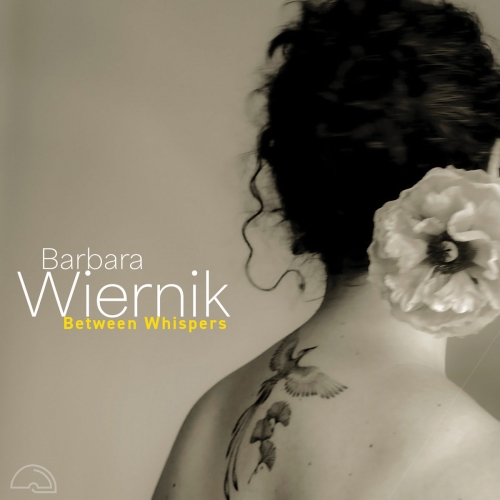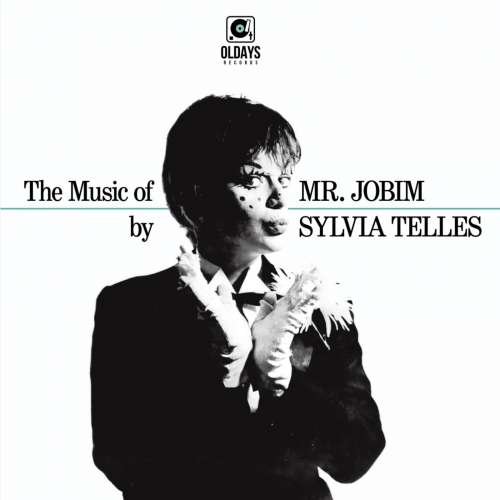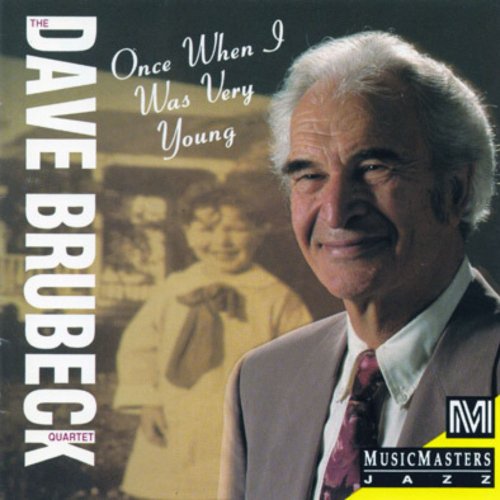Emerson String Quartet - Chaconnes and Fantasias: Music of Britten and Purcell (2017) [Hi-Res]
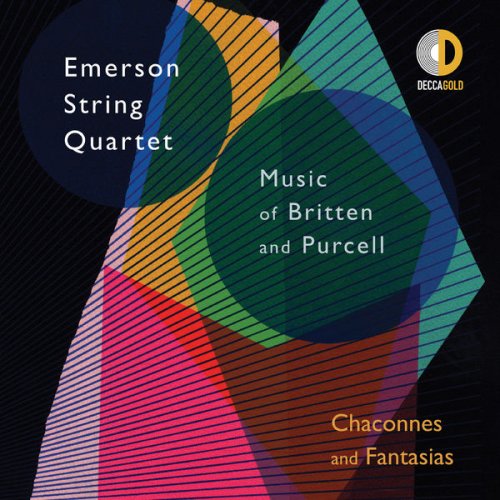
Artist: Emerson String Quartet
Title: Chaconnes and Fantasias: Music of Britten and Purcell
Year Of Release: 2017
Label: UMC - Decca Gold
Genre: Classical
Quality: flac lossless / flac 24 bits - 44.1Khz
Total Time: 01:13:41
Total Size: 330 / 676 mb
WebSite: Album Preview
TracklistTitle: Chaconnes and Fantasias: Music of Britten and Purcell
Year Of Release: 2017
Label: UMC - Decca Gold
Genre: Classical
Quality: flac lossless / flac 24 bits - 44.1Khz
Total Time: 01:13:41
Total Size: 330 / 676 mb
WebSite: Album Preview
---------
01. Purcell: Chacony in G Minor Z 730
02. Purcell: Fantazia No. 6 in F Major Z 737
03. Purcell: Fantazia No. 8 in D Minor Z 739
04. Britten: String Quartet No.2 in C Major, Op.36-I. Allegro calmo, senza rigore
05. Britten: String Quartet No.2 in C Major, Op.36-II. Vivace
06. Britten: String Quartet No.2 in C Major, Op.36-III. Chacony: Sostenuto
07. Purcell: Fantazia No. 10 in E Minor Z 741
08. Purcell: Fantazia No. 11 in G Major Z 742
09. Britten: String Quartet No.3 in G Major, Op.94-I. Duets. With Moderate Movement
10. Britten: String Quartet No.3 in G Major, Op.94-II. Ostinato. Very Fast
11. Britten: String Quartet No.3 in G Major, Op.94-III. Solo. Very Calm
12. Britten: String Quartet No.3 in G Major, Op.94-IV. Burlesque. Fast-con fuoco
13. Britten: String Quartet No.3 in G Major, Op.94-V. Recitative and Passacaglia (La Serenissima). Slow
Since its formation in 1976, the Emerson String Quartet has gradually achieved recognition as one of the world's top chamber ensembles. The group's reputation partially rests upon its daring interpretations of core string quartet repertory; it has performed the complete quartet cycles of Beethoven, Shostakovich, Mendelssohn, and Bartók in major concert halls around the world, and its interpretations tend toward the personal, the passionate, and even the hell-for-leather. Audiences have responded enthusiastically to the quartet's involvement with the music it performs. The Emerson (named for Ralph Waldo Emerson) has recorded prolifically since signing with the Deutsche Grammophon label in 1987, and the quartet has won nine Grammy awards, including two for Best Classical Album. One of those awards came in 1989, for a recording of the six Bartók string quartets that the Emerson made after presenting all six works in a single concert for its debut at New York's Carnegie Hall. The Bartók discs also won Gramophone's Record of the Year award in Britain, one of the quartet's three Gramophone awards. That concert typified the quartet's programming philosophy; the Emerson has attracted both devotees and newcomers with music-making that is ambitious, intellectually challenging, and at the same time a bit extreme in such a way as to attract widespread attention. In 1997 the Emerson presented Beethoven's cycle of 16 quartets in a group of eight concerts at New York's Lincoln Center, each featuring two Beethoven quartets paired with modern works that showed the extent of Beethoven's long shadow in some way. In early 2005, the Emerson presented Mendelssohn's quartets in both New York and England, juxtaposed with works by Mendelssohn's contemporaries. Since its founding, the Emerson has actively commissioned new works from a variety of composers of the twentieth and twenty-first centuries, ranging from the complex modernist Wolfgang Rihm to the accessible Edgar Meyer. The members of the Emerson String Quartet -- violinists Eugene Drucker and Philip Setzer, violist Lawrence Dutton, and cellist David Finckel -- have maintained top-flight solo careers of their own. The group is based in Newy York City, and in 2002 they became quartet-in-residence at the State University of New York at Stony Brook. Their long list of awards includes the prestigioius Avery Fisher Prize in 2004, and the group members have received honorary doctorates from Middlebury College, Wooster College, and Bard College. The Emerson is committed to collaborative projects with other artists. Their 2000 performance of the Shostakovich quartets culminated in a multimedia work called The Noise of Time, which mixed the quartet's performance of the composer's String Quartet No. 15 with film, dance, and taped readings. The group has performed many benefit concerts to raise finds for causes such as the fight against AIDS, nuclear disarmament, and world hunger. The quartet continues its commitment to contemporary composers as well, premiering works by Kaija Saariaho and Bright Sheng in 2007; Lawrence Dillon in 2010; and Thomas Adès and Pierre Jalbert in 2011.
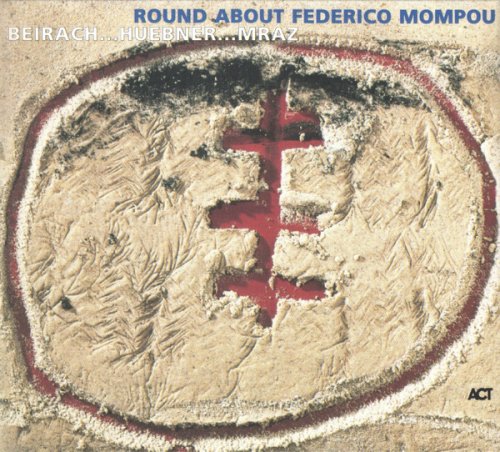
![Adrien Soleiman - BelleJazzClub (Vol. 2) (2026) [Hi-Res] Adrien Soleiman - BelleJazzClub (Vol. 2) (2026) [Hi-Res]](https://www.dibpic.com/uploads/posts/2026-02/1770294676_taeccgl6qv4da_600.jpg)
![Rok Zalokar - Pieces for Collective Change (2025) [Hi-Res] Rok Zalokar - Pieces for Collective Change (2025) [Hi-Res]](https://img.israbox.com/img/2026-02/09/bdwqrbl1honjxisedtld75o3t.jpg)
